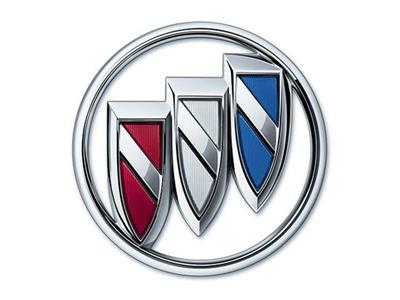
Which Car Companies Are Dead Brands Walking?
autopartmax.comIn the ever-evolving automotive industry, some car companies have struggled to keep up with changing consumer preferences, technological advancements, and increasing competition. These brands, once prominent and successful, now find themselves on the brink of extinction. Let's take a closer look at some of the car companies that are considered "dead brands walking."
The Rise and Fall of saturn
saturn.jpg" alt="saturn Logo" align="right" style="margin:10px;" />saturn, once hailed as a revolutionary brand, has unfortunately met its demise. Launched by General Motors (GM) in 1985, saturn was initially seen as a breath of fresh air, offering a different buying experience and appealing to a younger demographic. However, due to various factors, such as poor marketing strategies, lack of innovation, and an oversaturated market, saturn's sales declined significantly. In 2009, GM made the difficult decision to discontinue the brand, making saturn a prime example of a dead car company.
pontiac's Demise: A Loss of Identity
pontiac.jpg" alt="pontiac Logo" align="left" style="margin:10px;" />pontiac, a division of GM, was once known for its performance-oriented vehicles and muscle cars. However, as consumer preferences shifted towards more fuel-efficient and eco-friendly options, pontiac failed to adapt. The brand struggled to find its identity and differentiate itself from other GM brands, leading to declining sales. In 2009, GM discontinued pontiac, marking the end of an era for this once-iconic American car brand.
The Collapse of saab
saab.jpg" alt="saab Logo" align="right" style="margin:10px;" />saab, a Swedish car manufacturer, had a rich history of producing innovative and unique vehicles. However, financial troubles plagued the company for years, leading to multiple ownership changes and a lack of investment in new models. Despite attempts to revive the brand, saab filed for bankruptcy in 2011. While there have been occasional rumors of a potential resurrection, saab remains a dead brand walking.
The Vanishing of hummer
hummer.jpg" alt="hummer Logo" align="left" style="margin:10px;" />hummer, known for its large and rugged SUVs, gained popularity in the early 2000s. However, the brand faced criticism for its environmental impact and fuel inefficiency, particularly during a time when fuel economy became a significant concern. As the demand for more eco-friendly vehicles increased, hummer sales declined, leading to its discontinuation by GM in 2010. Despite recent talks of reintroducing electric versions of hummer models, the brand's future remains uncertain.
The Decline of oldsmobile
oldsmobile.jpg" alt="oldsmobile Logo" align="right" style="margin:10px;" />oldsmobile, one of the oldest American car brands, was once a symbol of luxury and innovation. However, as the market became saturated with similar offerings from other GM brands, oldsmobile struggled to stand out. Despite efforts to reinvent itself and attract younger buyers, the brand faced declining sales. In 2004, GM made the tough decision to discontinue oldsmobile, bringing an end to over a century of automotive history.
The Future of Dead Brands Walking
The automotive industry is highly competitive, and brands that fail to adapt to changing times often face the risk of becoming dead brands walking. While some brands, like saturn and pontiac, have already disappeared, others, such as saab and hummer, may still have a chance at revival. Only time will tell if these once-renowned car companies can make a comeback and reclaim their former glory.
However, whether these brands succeed or not, their stories serve as a reminder of the importance of continuous innovation, market responsiveness, and staying attuned to evolving consumer demands in the fast-paced world of automotive manufacturing.